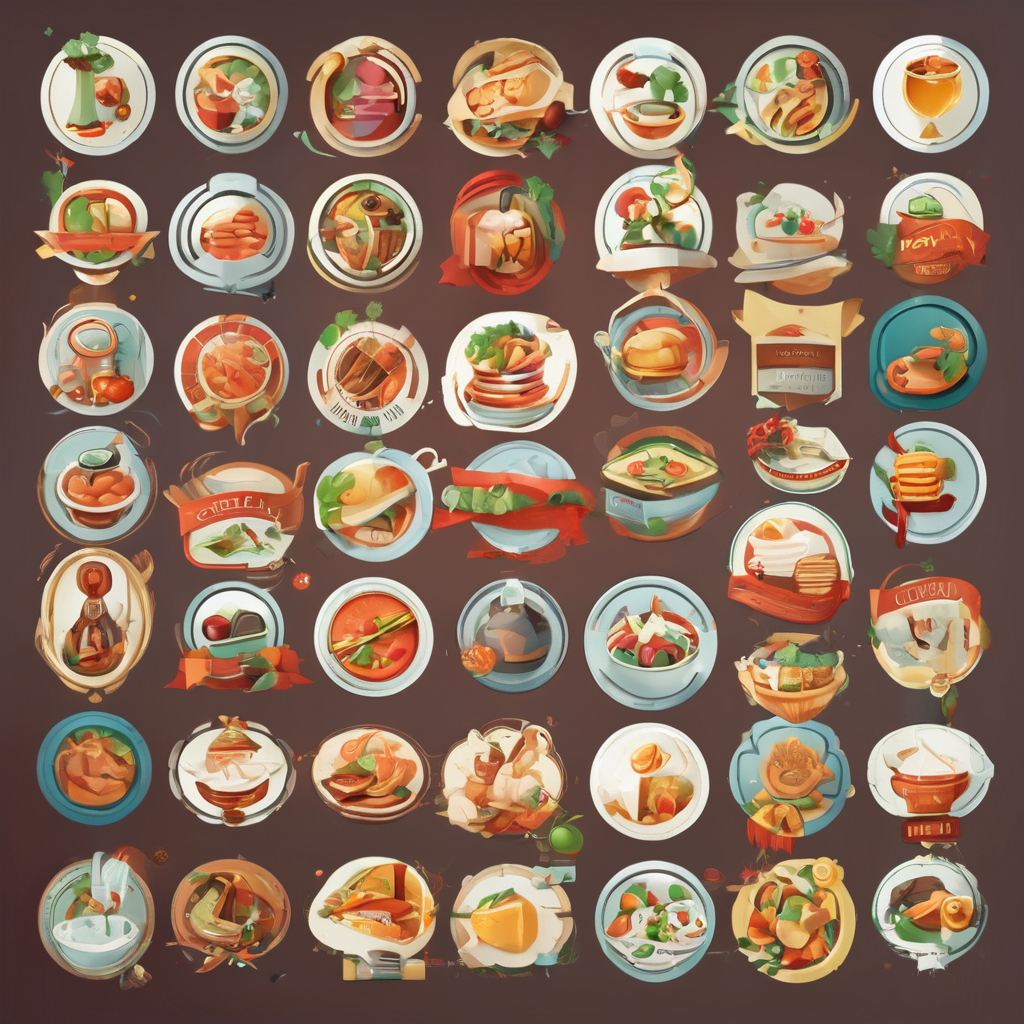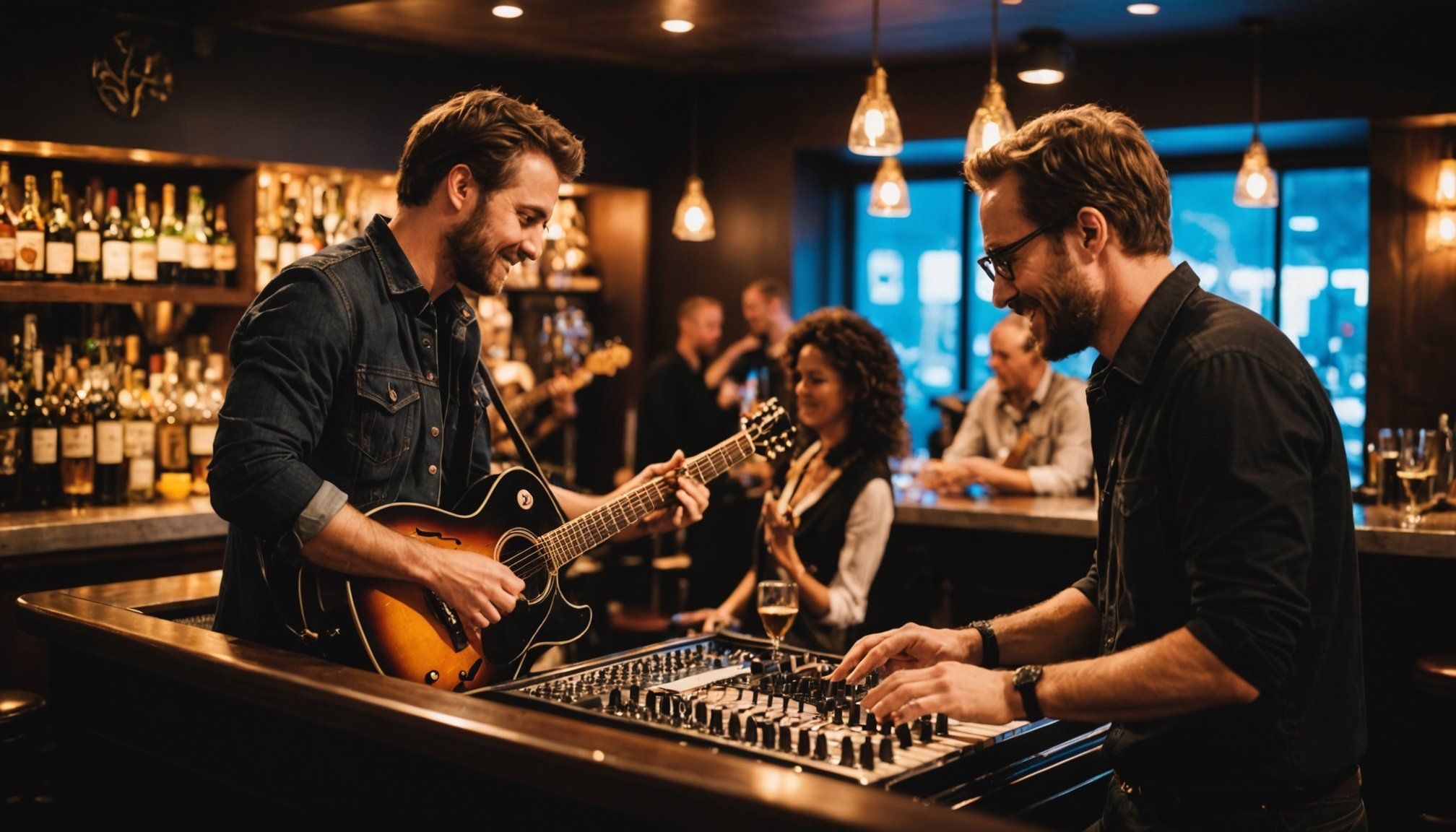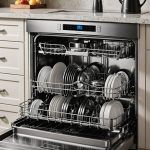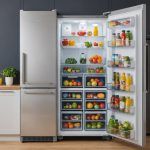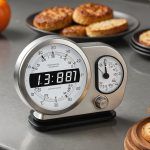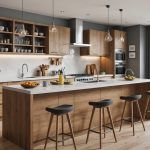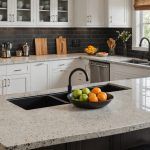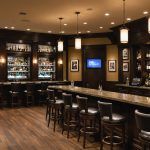The Importance of Live Music in Bars
Live music ambiance plays a significant role in creating a vibrant bar atmosphere that attracts more patrons. The psychological impact is profound—music can evoke emotions and elevate mood, making the environment more enjoyable for guests. When patrons feel relaxed and entertained, they are more likely to stay longer and engage with the bar, leading to increased customer retention.
Statistics support this, showing that venues featuring live music tend to have higher customer retention and spending rates. In music-centric environments, guests often purchase additional drinks or food, contributing to increased revenue. This consumer behaviour underscores the power of live music as a tool for enhancing business success.
Have you seen this : Mastering Café Design: Creating a Functional and Aesthetically Pleasing Space
Furthermore, live music helps foster a unique bar identity. It acts as a distinguishing feature, setting the establishment apart from competitors. By building a reputation for exclusive performances, bars can cultivate a loyal customer base eager to experience the unique live music offerings. In this way, live music is not just an entertainment option but a strategic business advantage that enriches the atmosphere and promotes sustainable growth.
Innovative Strategies for Curating Live Music Experiences
To thrive, bars must develop innovative music strategies that captivate diverse audiences. This involves thoughtfully selecting music genres, integrating technology, and hosting collaborative events to foster audience engagement.
Also to read : Revolutionize Your Bar: Expert Layout Design for Ultimate Efficiency and Outstanding Customer Satisfaction
Diverse Music Genres
Exploring various music genres is key to attracting a broad clientele. By collaborating with local artists, bars can spotlight regional music styles, creating unique bar events that resonate with the community. Thematic music nights, such as jazz or reggae evenings, can draw specific crowds, enhancing the bar’s distinctive atmosphere and customer attraction.
Integration of Technology
Technology is vital in modernizing live music experiences. Utilizing apps and platforms for live music booking and promotion broadens reach, while advanced sound systems ensure an outstanding sonic experience. Adding multimedia presentations during performances can immerse the audience, further elevating the guest experience.
Hosting Collaborative Events
Collaborative events can significantly boost audience engagement. By partnering with local businesses, bars can organize cross-promotional events, like seasonal or themed music festivals, to draw in diverse crowds. Open mic nights offer community interaction, encouraging local talent and fostering a sense of community connection.
Incorporating these strategies can enhance customer satisfaction, solidifying a bar’s reputation as a vibrant live music venue.
Effectively Promoting Live Music Events
Promoting live music events effectively can enhance audience outreach and maximise customer attraction. A robust event promotion strategy often begins with leveraging social media platforms. Platforms like Instagram and Facebook enable bars to connect with their target audience through engaging content, event updates, and interactive posts, creating excitement and anticipation.
To bolster these efforts, creating compelling event flyers and digital campaigns is essential. These materials should be visually appealing and communicate essential event details such as date, time, and featured artists. Effective design can capture interest and encourage attendees to share events with their networks, amplifying reach organically.
Building partnerships with influencers and bloggers is another impactful marketing strategy. Influencers, with their established follower bases, can extend the reach of promotional efforts by sharing event details and personalised experiences from previous performances. This association can lend credibility and attract new audiences who may rely on these tastemakers for recommendations.
By adopting these strategies, bars can broaden their reach, drawing in diverse crowds and enhancing the overall bar atmosphere with lively, well-attended music events.
Engaging Your Audience During Performances
Engaging your audience during live music performances is crucial for enhancing the overall guest experience and fostering deeper music engagement. By focusing on innovative ways to interact with attendees, bars can create memorable events that encourage repeat visits.
Creating Immersive Experiences
To maximize audience interaction, it’s beneficial to craft immersive experiences through various means. This can be done by utilizing dynamic lighting and visual effects, which can significantly enhance the performance impact. Furthermore, promoters can engage the crowd by encouraging interactive elements such as sing-alongs or dancing, which helps to break down the barrier between artist and attendee, making performances even more personal and enjoyable.
Feedback and Improvement
To continuously elevate the music experience, collecting guest feedback is essential. This feedback offers valuable insights into patrons’ preferences, allowing bar owners to refine their music offerings accordingly. Adjusting playlists and setlists based on audience reactions not only tailors the experience to their tastes but also strengthens their connection to the venue. Regularly assessing and refining engagement strategies ensures that the approaches remain effective, keeping the music engagement fresh and rewarding.
Measuring the Success of Live Music Initiatives
Evaluating the efficacy of live music programs in bars requires the careful selection and analysis of key performance metrics. These indicators serve as a valuable tool for measuring the impact of music events on overall bar success. Notably, customer retention rates and buy-in during events can provide insights into guest engagement levels and satisfaction.
To comprehensively gauge customer satisfaction, regular surveys can be instrumental. By asking specific questions, bars can capture patrons’ experiences and opinions, enabling owners to make data-driven improvements. For instance, inquiries about the quality of music, sound system, and overall enjoyment can highlight areas requiring enhancement and help foster ongoing improvements.
Sales analysis before and after live music events is critical for identifying spending trends and their correlation with performances. This financial data can indicate the success rate of specific genres or themed nights in boosting customer attraction. When combined, these metrics paint a comprehensive picture, ultimately equipping bars with the knowledge to refine their music strategies continuously and ensure the ongoing prosperity of their venue. Through these evaluative steps, bars can uphold a vibrant and compelling bar atmosphere that resonates with their clientele.
